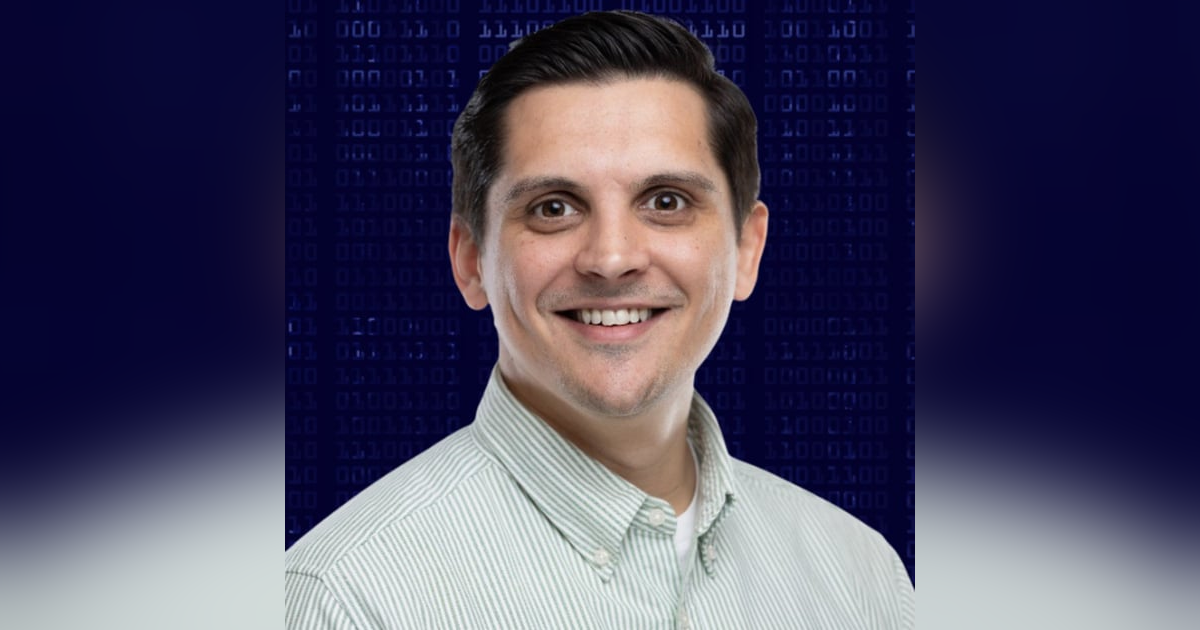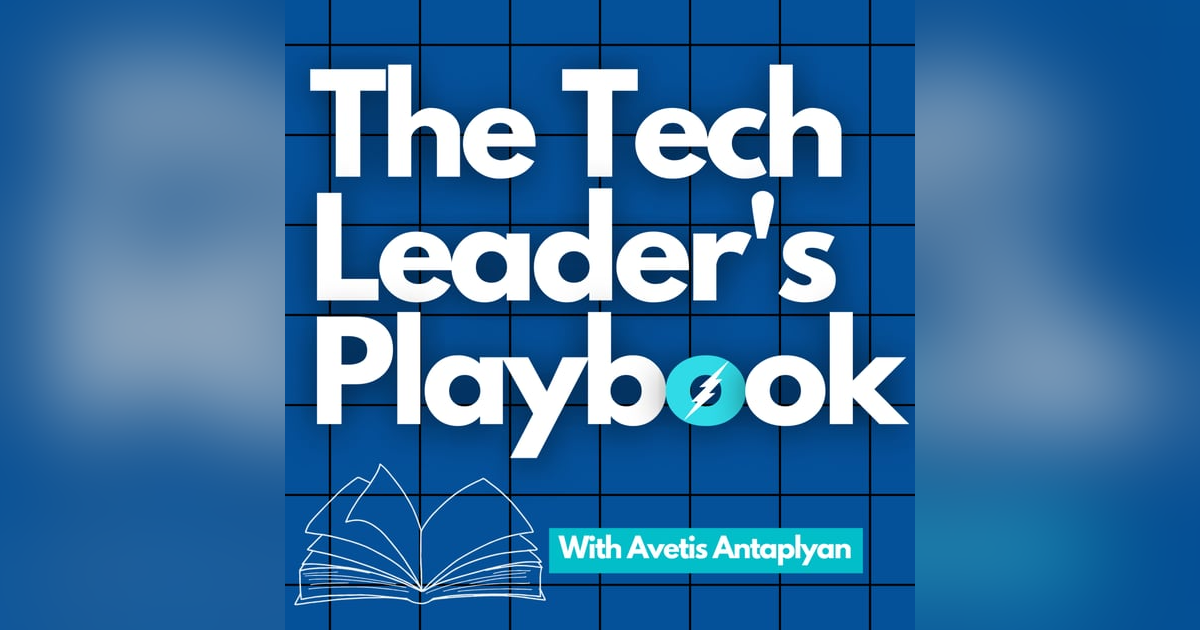Why Soft Skills Are Now a Hard Requirement for Tech Leaders

In this episode of The Tech Leader's Playbook, Avetis Antaplyan sits down with Dr. Reece Akhtar, CEO and founder of Deeper Signals — a leading organizational psychologist and data scientist helping companies unlock human potential through AI-powered talent insights. Together, they explore how the future of leadership is being shaped by behavioral science, soft skills, and the rise of AI in the workplace.
Dr. Akhtar breaks down what defines high-caliber leaders today, emphasizing the evergreen traits of cognitive aptitude, emotional intelligence, curiosity, and execution. He shares powerful stories about helping a scaling company move from 200 to 1,000 employees while improving performance by 15–20% year-over-year by using data-driven assessments.
Listeners will gain a practical blueprint for building talent-centric organizations, minimizing bias in hiring, and turning assessments into tools for onboarding, coaching, and long-term leadership development. This episode is packed with actionable advice for executives and founders who want to future-proof their organizations, hire and grow the right leaders, and create high-performing, cohesive teams in an AI-driven world.
Takeaways
High-performing leaders share four traits: cognitive aptitude, emotional intelligence, curiosity, and the ability to execute.
AI will amplify the need for collaboration, critical thinking, and creativity—not replace them.
Psychometrics offer a data-driven way to reveal leadership potential beyond intuition.
Assessments shouldn’t just filter candidates; they should inform onboarding and ongoing coaching.
Structured interviews combined with assessments dramatically improve hiring accuracy.
Data can act as a guardrail against unconscious bias in leadership selection.
Building a talent-centric organization requires aligning culture, leadership development, and performance metrics.
Cognitive diversity within teams often outperforms a single "A-player" approach.
Over-indexing on charismatic leaders can be dangerous—look for competence, not charm.
The five-factor model (OCEAN) is the most scientifically valid framework for personality assessments.
Leaders should pause before reacting—self-awareness and emotional regulation are key.
"Just pause and listen" is Akhtar’s billboard advice for young leaders.
Chapters
00:00 Introduction: Why leadership needs data in the AI era
01:35 What defines high-potential leaders today
03:50 Evergreen traits: intelligence, EQ, curiosity, execution
06:25 How psychometrics and AI reveal hidden potential
09:05 Case study: Scaling from 200 to 1,000 employees with data-driven hiring
13:10 Turning assessment data into onboarding and coaching tools
17:00 The five-factor model (OCEAN) and its predictive power
19:00 Limitations of assessments and human adaptability
22:30 Combining interviews, references, and data for better hiring decisions
27:50 Why resumes and unstructured interviews fall short
29:50 Lessons from Dune: Avoiding the charismatic leader trap
32:40 Using data to identify and mitigate bias in hiring
36:15 Building a talent-centric organization and embedding values
44:30 The importance of team fit and cognitive diversity
47:15 Personal lessons: pausing before reacting as a leader
48:30 Recommended reading: Social Physics by Sandy Pentland
49:55 Closing advice: "Pause and listen" for young leaders
51:00 Episode wrap-up and where to connect with Dr. Akhtar
Dr. Reece Akhtar’s Social Media Links:
https://www.linkedin.com/in/reeceakhtar/
Dr. Reece Akhtar’s Website:
https://www.deepersignals.com/
Resources and Links:












